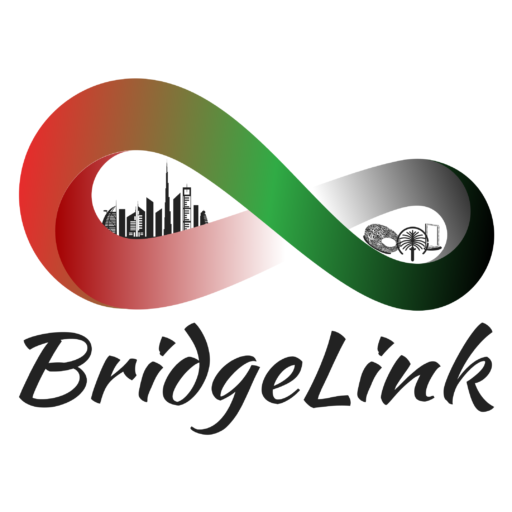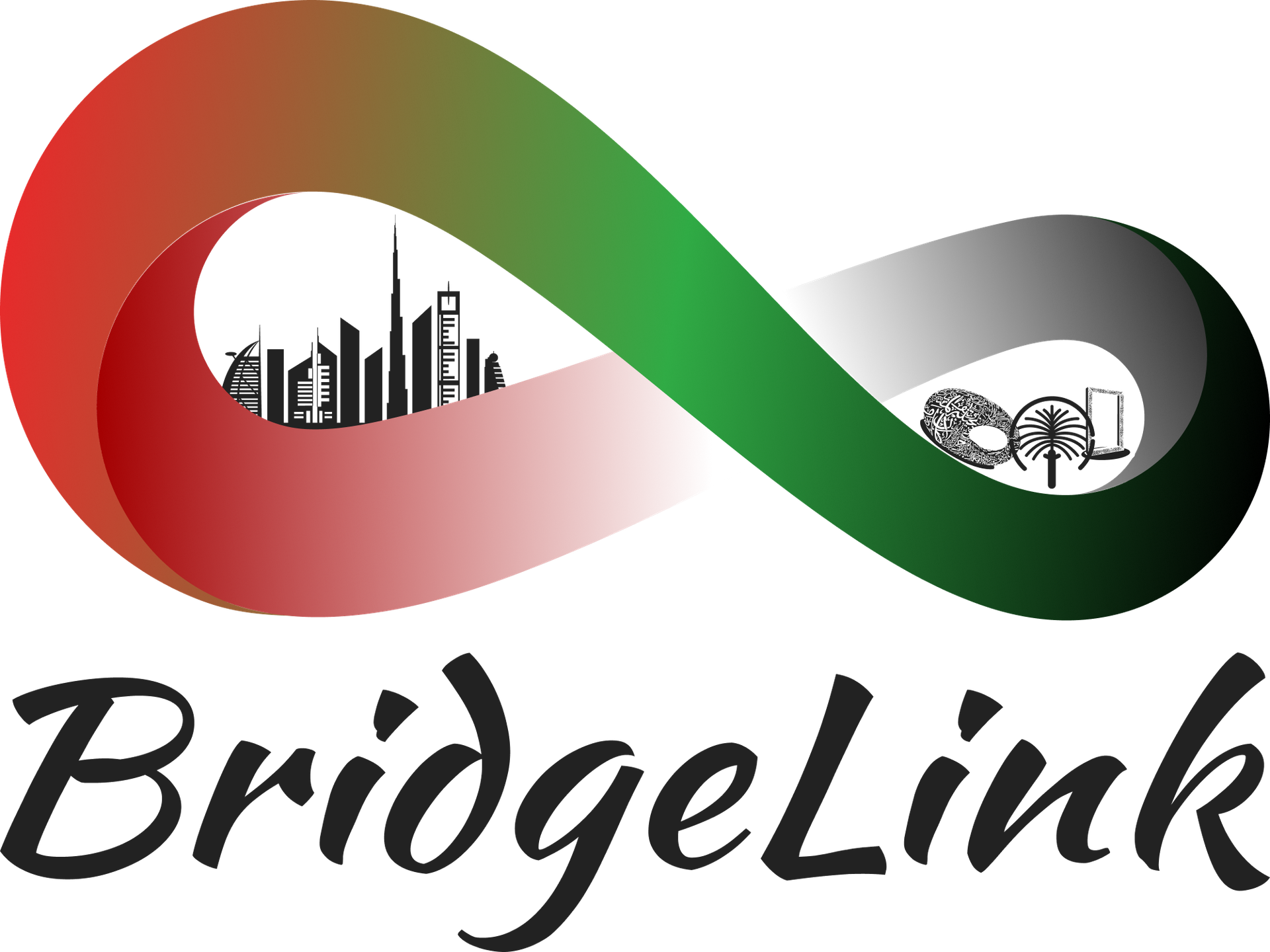How to Set Up a Jewelry Business in Dubai: A Step-by-Step Guide
Introduction
Dubai is a global hub for luxury, style, and commerce, making it one of the best places to start a jewelry business. With its strategic location, business-friendly environment, and large market for high-end products, Dubai offers exceptional opportunities for jewelry entrepreneurs. This guide walks you through the steps of setting up a jewelry business, including legal requirements, licensing, market tips, and how BridgeLink Dubai can support your journey.
1. Researching the Dubai Jewelry Market
Primary Keywords: Dubai jewelry market, start jewelry business in Dubai, jewelry business opportunities Dubai
LSI Keywords: jewelry market Dubai trends, demand for jewelry in UAE, Dubai gold market
The first step is understanding Dubai’s jewelry market, which has unique demand patterns influenced by the city’s international population and luxury-seeking clientele. Key trends include high demand for gold, diamond, and designer jewelry, with a growing interest in eco-friendly and sustainable pieces.
Tips for Success: Focus on market gaps, such as custom-made jewelry or unique styles, to stand out in a competitive market.
2. Choosing a Business Structure: Mainland, Freezone, or Offshore
Primary Keywords: jewelry business setup Dubai, Dubai freezone for jewelry, mainland vs freezone
LSI Keywords: Dubai business structures, jewelry licensing in UAE, offshore company jewelry Dubai
Dubai offers several business structure options, each with its own benefits:
- Mainland: Provides unrestricted access to the local market but requires a UAE national sponsor for business ownership.
- Freezone: Allows 100% foreign ownership, tax benefits, and easy international trade. DMCC (Dubai Multi Commodities Centre) is a popular free zone for jewelry businesses.
- Offshore: Ideal for international trade but does not permit direct trade within the UAE.
Tip: BridgeLink Dubai can help identify the best structure for your business goals, ensuring a smooth setup process.
3. Obtaining the Necessary Licenses for Jewelry Trading
Primary Keywords: Dubai jewelry license, trade license for jewelry, business license UAE
LSI Keywords: jewelry license requirements, jewelry business approval Dubai, setting up a jewelry company Dubai
Obtaining a trade license is a critical step for any jewelry business in Dubai. Requirements for a jewelry license include:
- Business License Application: Jewelry trading requires a commercial or industrial license, depending on whether you plan to produce jewelry locally.
- Approval from Relevant Authorities: Jewelry businesses must gain approval from the Dubai Municipality and Dubai Gold and Jewelry Group to ensure product authenticity and quality.
- Additional Permits: If you intend to manufacture jewelry, you may need further permits from DMCC or relevant authorities.
Pro Tip: Rely on BridgeLink Dubai’s expertise in PRO services to streamline the licensing process and secure all necessary permits efficiently.
4. Setting Up a Jewelry Workshop or Retail Store
Primary Keywords: Dubai jewelry workshop, jewelry store setup, jewelry production Dubai
LSI Keywords: opening jewelry retail Dubai, jewelry manufacturing Dubai, retail space for jewelry Dubai
The next step is choosing a location for your business, whether it’s a retail store, an online platform, or a workshop for custom jewelry production.
- Retail Store: Popular areas for jewelry stores include the Gold Souk and Dubai Mall, both known for their foot traffic and reputation for luxury shopping.
- Workshop: If you plan to design and manufacture jewelry, look for a space that meets regulatory requirements and is convenient for production.
- E-commerce Platform: Many jewelry businesses in Dubai are expanding online. This allows you to reach an international audience while keeping physical costs low.
Tip: BridgeLink Dubai can assist in securing prime locations and setting up e-commerce infrastructure to help you reach local and international customers.
5. Complying with Gold and Jewelry Standards
Primary Keywords: Dubai gold standards, jewelry quality control Dubai, Dubai jewelry compliance
LSI Keywords: jewelry quality inspection Dubai, UAE gold regulations, jewelry hallmarking Dubai
Dubai is strict about jewelry quality, especially for gold, silver, and diamond products. Jewelry businesses must meet the UAE’s stringent standards for hallmarking and purity.
- Hallmarking: Dubai mandates hallmarking for gold and precious metal jewelry, ensuring quality and authenticity.
- Purity Standards: All gold jewelry must meet minimum purity standards, verified by local authorities.
- Inspections: Routine inspections are conducted to maintain market credibility and protect consumers.
Tip: BridgeLink Dubai offers guidance on compliance to help your business meet these standards and build trust with customers.
6. Marketing Your Jewelry Business in Dubai
Primary Keywords: marketing jewelry Dubai, Dubai jewelry advertising, jewelry business promotion Dubai
LSI Keywords: Dubai social media marketing, jewelry SEO strategies, Dubai jewelry exhibitions
Dubai is a highly competitive market, so effective marketing strategies are crucial. Here are key channels for promoting a jewelry business in Dubai:
- Social Media Marketing: Platforms like Instagram and Facebook are ideal for showcasing jewelry designs and engaging with customers.
- SEO and E-commerce: Optimizing your online presence can attract customers locally and internationally.
- Trade Shows and Exhibitions: Dubai hosts jewelry trade shows like the Dubai International Jewelry Show, which is a great opportunity to network and showcase your brand.
Pro Tip: Partner with a digital growth expert, like BridgeLink Dubai, to create a robust marketing strategy that includes social media, SEO, and in-person events.
7. Managing Finances: Taxes, Costs, and Funding
Primary Keywords: Dubai business costs, tax-free business Dubai, financing jewelry business
LSI Keywords: Dubai startup costs, VAT on jewelry UAE, jewelry business funding Dubai
Dubai offers significant tax incentives, making it a tax-free haven for many businesses. However, understanding costs and financial management is still essential:
- Business Costs: Expenses include license fees, leasing, staff salaries, and marketing.
- Taxes: Dubai’s tax-free policy applies to many businesses, though VAT may apply to jewelry sales.
- Funding Options: Many banks and financial institutions in Dubai offer business loans. BridgeLink Dubai can guide you through financing options suitable for your jewelry business.
Conclusion
Starting a jewelry business in Dubai offers exceptional opportunities for entrepreneurs. With a well-planned approach, adherence to legal requirements, and effective marketing, your jewelry business can thrive in this luxury-driven market. BridgeLink Dubai is here to provide end-to-end support for setting up, licensing, and marketing, helping you make a successful entry into the Dubai jewelry industry.
For more information, reach out to BridgeLink Dubai and let us assist you in setting up your dream business in Dubai.
FAQs
- What are the main requirements to start a jewelry business in Dubai?
Starting a jewelry business in Dubai requires a business license, approvals from the Dubai Municipality and Dubai Gold and Jewelry Group, and compliance with quality and hallmarking standards. The type of business structure (mainland, freezone, or offshore) also impacts requirements. - Which business structure is best for a jewelry business in Dubai?
Dubai offers mainland, freezone, and offshore business structures. The best option depends on your target market and business goals. Freezone setups offer 100% foreign ownership, while mainland setups allow access to the local market but often require a local sponsor. - How much does it cost to set up a jewelry business in Dubai?
The cost varies based on factors like location, business structure, licensing fees, and additional permits. A mainland setup generally costs more than a freezone or offshore setup. BridgeLink Dubai can provide a detailed cost breakdown. - What licenses are needed to open a jewelry business in Dubai?
Jewelry businesses require a trade license, often a commercial or industrial license, depending on whether you plan to manufacture or retail. Additional permits may be needed for quality control and compliance with gold and precious metal standards. - Can I open an online jewelry store in Dubai?
Yes, you can operate an online jewelry store in Dubai. You’ll still need a trade license, and your business must adhere to the same standards and regulations as physical stores. Freezones, such as the Dubai Multi Commodities Centre (DMCC), are popular choices for online jewelry businesses. - What are the quality standards for jewelry in Dubai?
Dubai has strict quality standards, especially for gold and precious metals. Jewelry must be hallmarked and meet minimum purity standards. Regular inspections by authorities ensure compliance with these standards. - Are there any tax benefits for a jewelry business in Dubai?
Yes, Dubai is known for its tax-friendly environment, with no corporate or personal income taxes. However, there is a 5% VAT on most goods, including jewelry, which businesses need to register for and charge customers. - How can BridgeLink Dubai help with setting up a jewelry business?
BridgeLink Dubai provides a complete range of services for setting up a jewelry business, including business registration, licensing, PRO services, and compliance support. They can also help with finding retail space or setting up an e-commerce platform. - What is the process for hiring staff for a jewelry business in Dubai?
Hiring staff requires a valid trade license and compliance with Dubai’s labor laws. BridgeLink Dubai’s PRO services can assist with the employee visa process, ensuring your hiring process is smooth and efficient. - Do I need a local partner to open a jewelry store in Dubai?
For mainland businesses, a local partner or sponsor is typically required. However, freezones allow 100% foreign ownership, making them a preferred option for many international entrepreneurs.

